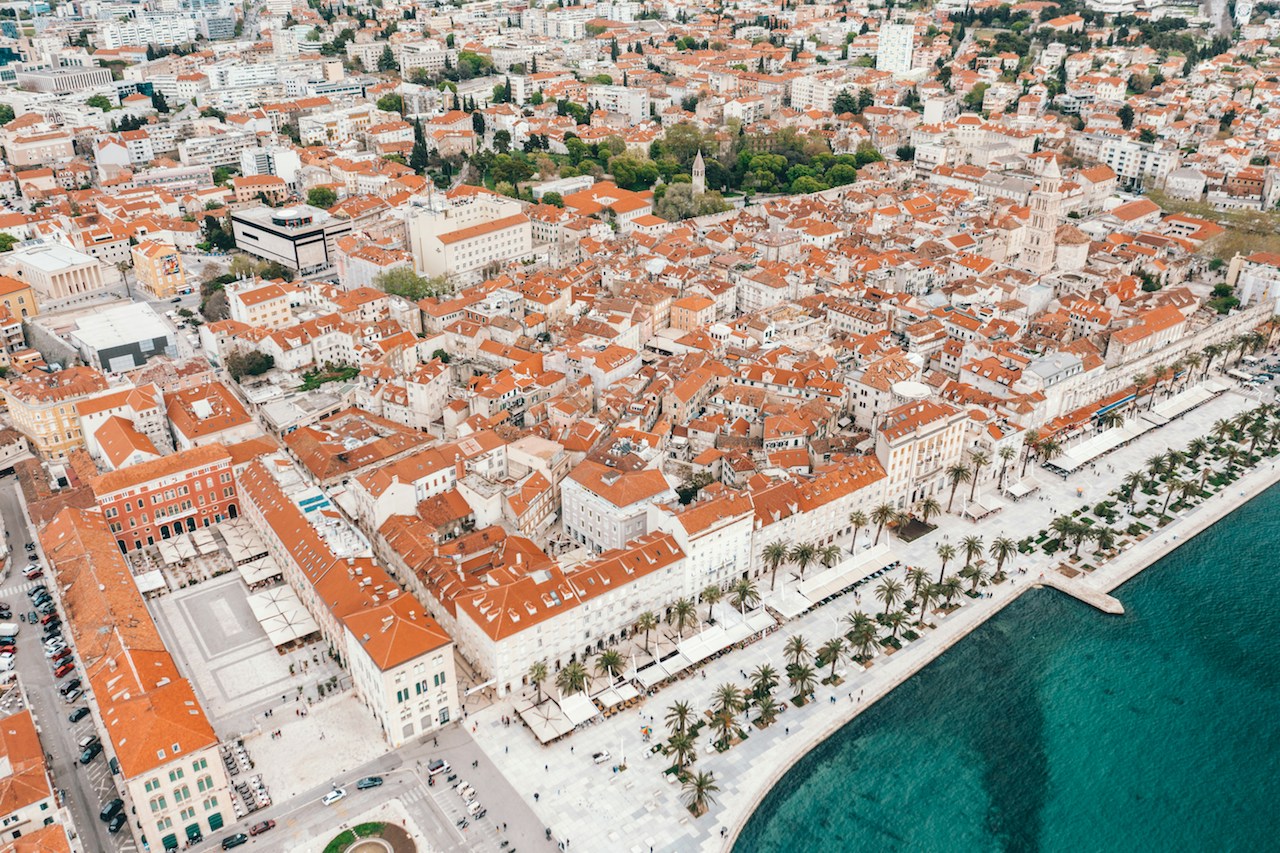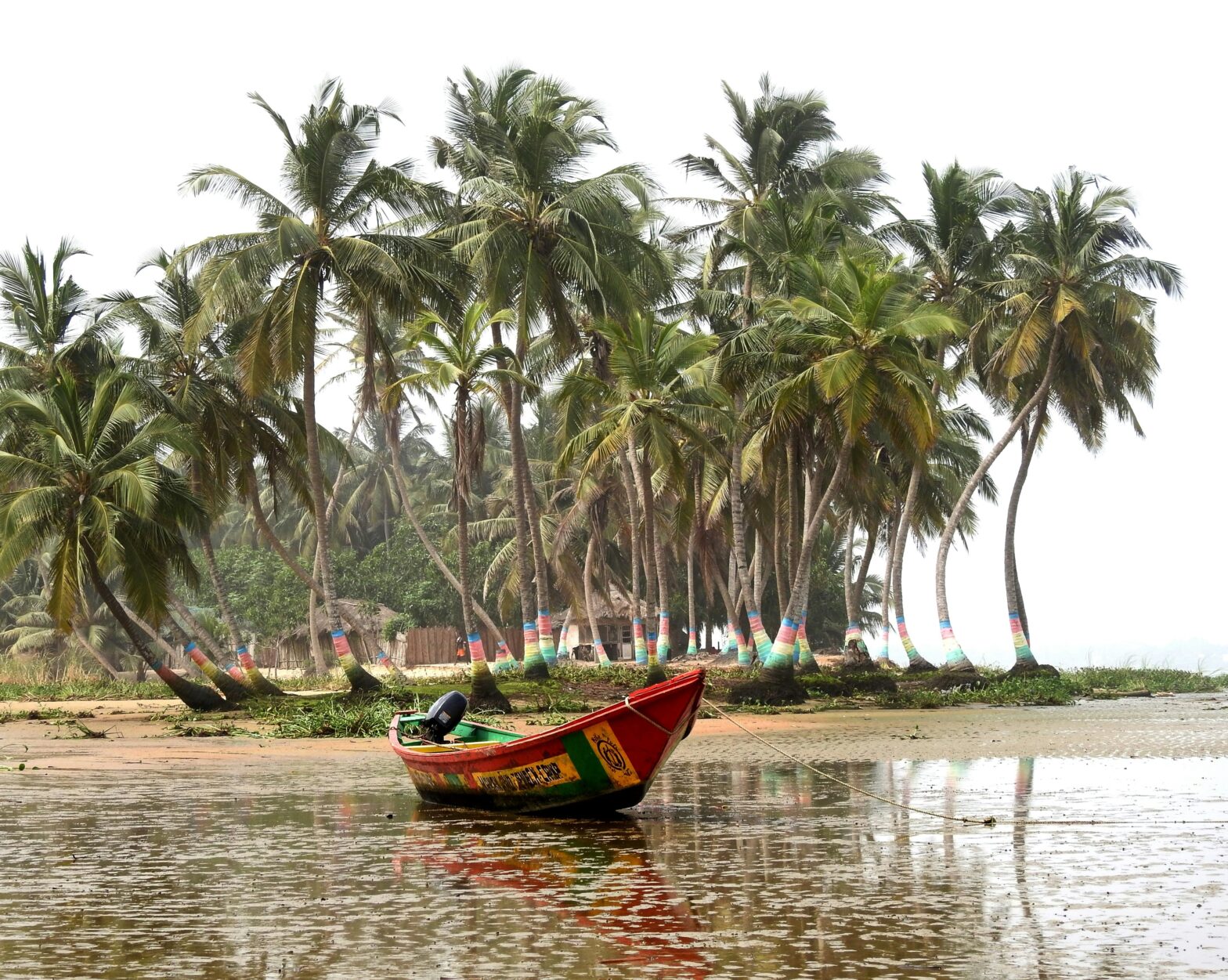Croatia is a Balkan country in Southeast Europe. It has a stunning coastline on the Adriatic Sea, and shares borders with Slovenia, Hungary, Serbia, Bosnia and Herzegovina, and Montenegro. Moreover, Croatia and Italy share a maritime border. According to National Geographic, the Croatian archipelago includes over 1,200 islands and islets.
Croatia offers many places to explore, and countless reasons to visit. The country is rich with beautiful beaches, historical sites, wineries, and markets. In addition to Zagreb, the capital city, tourists might flock to Split, Dubrovnik, and Zadar. Of the many islands, Hvar, Krk, Korčula, and Rab are some of the most popular.
Official Travel Advisories
The State Department last updated its travel advisory for Croatia in August 2024. The United States classifies the European nation as a “Level 1” zone, meaning American travelers should “exercise normal precaution” if visiting Croatia.
As of this report, the Centers for Disease Control and Prevention (CDC) has no travel health notices for those going to the Balkan country.
Is Croatia Safe For Tourists And Solo Travelers?
Croatia is safe for tourists and solo travelers based on its low-level travel advisory. The country ranks 15th on the 2024 Global Peace Index, meaning it has a “high” state of peace. Compared to other countries in Europe, Croatia was rated as the 11th most peaceful, above Germany (14), Italy (23), the United Kingdom (24), and France (34).
Crime
The State Department says “violent crime is rare.” However, the authority adds that “isolated attacks targeting specific persons or property can occur and may be racially motivated or prompted by lingering ethnic tensions from Croatia’s war for independence.”
Transportation
There are many ways to get around, including private cars, taxi services, public transportation, and boats. The State Department recommends being mindful of the trams or streetcars in Zagreb, “which travel at high speeds through the narrow streets.”
Banking
The Croatian National Tourist Board notes an advisory for those conducting electronic transactions, such as purchases with a credit card. The authority advises using “the same precaution” you would “as in any other part of Europe.”
Health
The State Department says Croatia offers “adequate health facilities” in major cities. However, the U.S. authority noted the possibility that the Croatian medical staff you encounter may not speak English. Also, travelers should know that credit card payments for medical treatment aren’t always accepted, so cash would be required. It’s suggested that you familiarize yourself with the pricing and billing for your treatment before undergoing any care.
Common Scams To Be Aware Of In Croatia
The State Department doesn’t outline any specific tourist-targeting scams to be mindful of in Croatia. Visitors should implement best practices for being a foreigner abroad, such as being vigilant and not sharing personal information with strangers.
How To Stay Safe In Croatia
Best practices include checking updates from the CDC, the U.S. Embassy in Croatia, and local news of where you’ll be traveling ahead of your trip. Another pre-travel tip is registering within the State Department’s Smart Traveler Enrollment Program, or STEP. Also, in addition to having your routine vaccinations, the CDC recommends getting protected against Hepatitis A, Hepatitis B, Measles, Rabies, and Tick-borne Encephalitis (especially if you’ll be doing outdoor activities).
Avoid sick people, getting or touching bug bites, and any water that might be contaminated or unsafe.
The State Department recommends that anyone going on a climb or hike during their trip seek advice from a local guide before embarking on either activity.
Where To Stay In Croatia
The Croatia National Tourist Board names many cities in Croatia as “top destinations.” The list includes Zagreb, Split, Dubrovnik, Zadar, Hvar, and Korčula, among others.
The country has accommodations suitable for all travelers, including hotels, hostels, resorts, mountain lodges, and more. High-rated hotels to consider include Hotel Dubrovnik, the Hotel Ambassador in Split, and Hotel Le Premier in Zagreb.
Best Time To Visit Croatia
To avoid the rainy season, the best time to visit Croatia is anytime from May to October. However, keep in mind that beaches can be crowded with vacationers during the summer months.
People Also Ask
What Language Do They Speak In Croatia?
The official language is Croatian. However, English is commonly spoken, especially at popular tourist destinations.
Should You Still Travel To Croatia?
Croatia is generally safe for a variety of travelers to enjoy. Make sure you have your routine vaccines and the others specified for the country. Nature lovers planning to do outdoor activities should seek advice from a local guide and consider getting a Tick-borne Encephalitis vaccination beforehand.
Should you need medical treatment in Croatia, consider having a thorough and trustworthy translation app to aid you.





